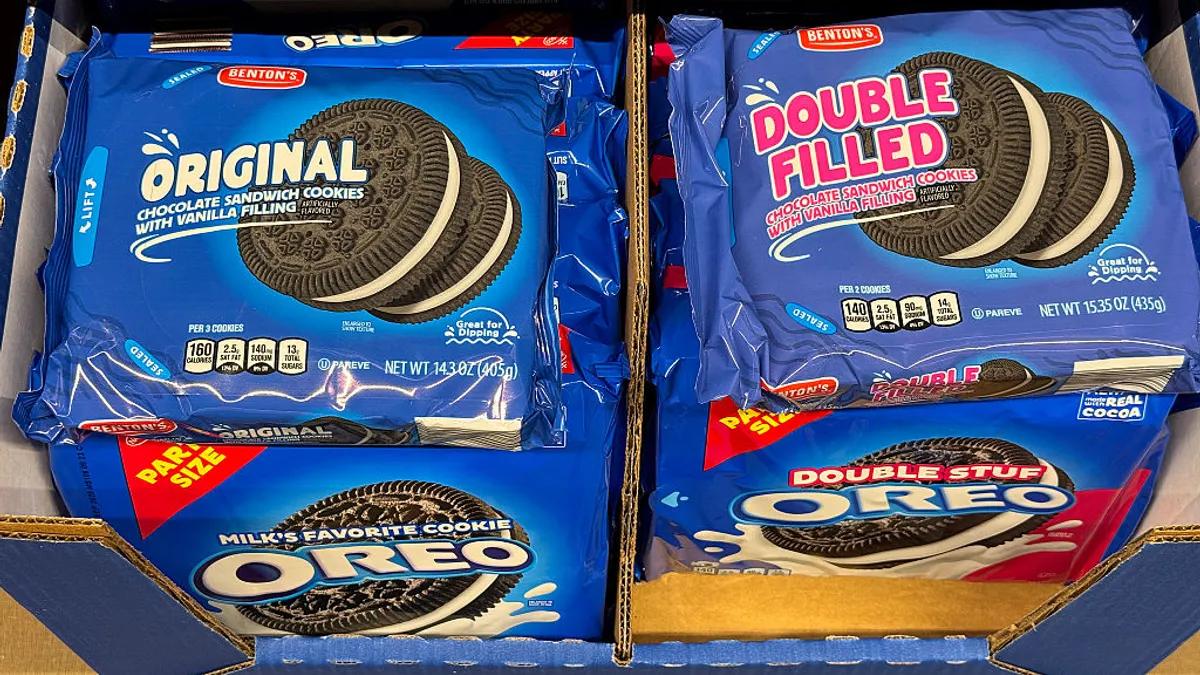Dive Brief:
- A study published in Applied and Environmental Microbiology found that mice that consumed the probiotic L. casei in milk, and not in a nutrient-free matrix, had significantly higher levels of protection again intestinal inflammation in a mouse model of inflammatory bowel disease.
- "An important next step will be to see if this type of result is repeatable in humans," according to study author Dr. Maria Marco.
- Dairy is commonly associated with probiotics for several reasons, according to Marco. First, fermented dairy products contain living microbes. Second, dairy products aren't usually pasteurized or heat treated at the end of production, unlike many other fermented foods. Heat can kill probiotics. Third, many studies have established the growth and survival rates of probiotic bacteria in dairy products.
Dive Insight:
Although human studies need to confirm the validity of this finding, the dairy industry can educate consumers about how probiotics in milk and other dairy products promote a healthy digestive tract.
Marco also cautioned that "while milk was a good carrier for L. casei in this study, dairy might not always be the best choice for all probiotics and health conditions."











